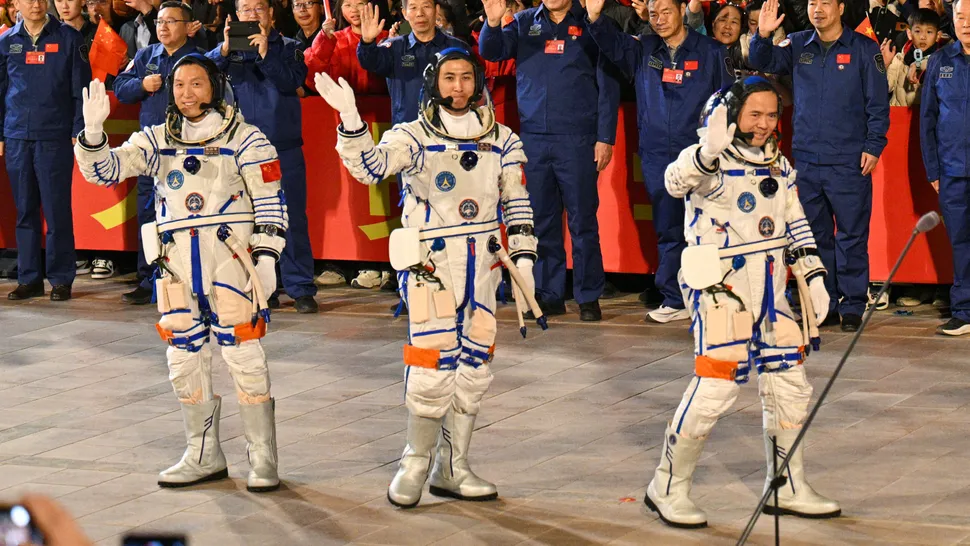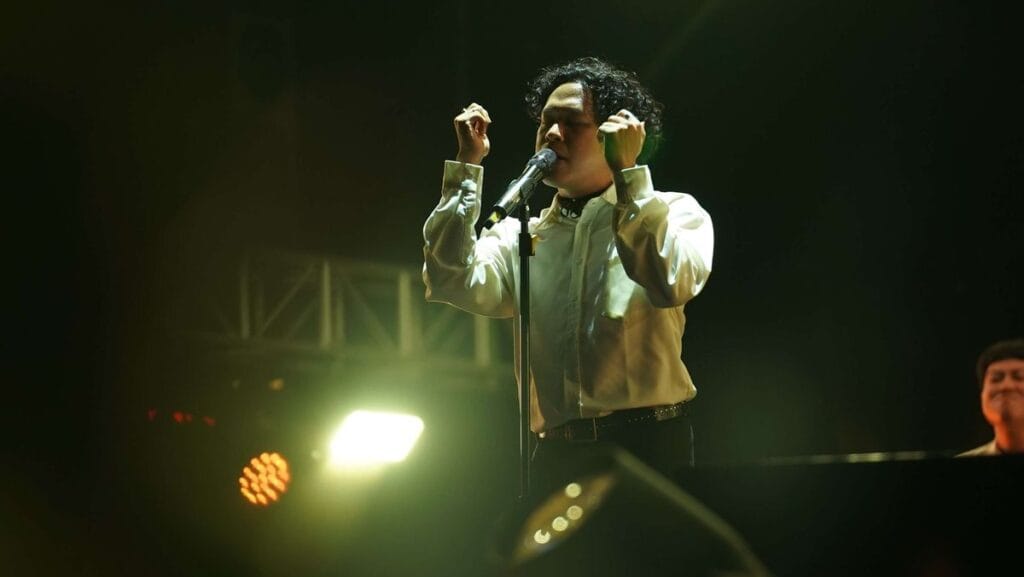Beijing — China’s ambitious space program has encountered another setback, with three astronauts now stranded in orbit following a high‑risk rescue mission. The incident comes just days after their colleagues were successfully retrieved, raising fresh concerns about the reliability of China’s crewed spacecraft systems.
According to reports, the astronauts were part of a mission to stabilize operations aboard the Tiangong space station. While the rescue of the initial crew was hailed as a success, the follow‑up maneuver left the second team unable to return safely, forcing them to remain in orbit under uncertain conditions.
Chinese officials have emphasized that the astronauts are safe and have sufficient supplies, but experts warn that prolonged isolation could strain both human endurance and technical systems. The situation highlights the complexity of sustaining long‑term human presence in space, especially under emergency scenarios.
The incident also underscores the geopolitical dimension of space exploration. China has invested heavily in its Tiangong program to rival the International Space Station and demonstrate technological independence. Yet repeated setbacks risk undermining confidence in its capacity to lead in the next era of space competition.
Regional analysts note that the crisis could affect China’s broader strategic narrative. Space achievements have been central to projecting national prestige and technological leadership across Asia. A prolonged failure to resolve the astronauts’ return may weaken that narrative and invite scrutiny from rivals.
Ultimately, the stranded crew represents both the promise and peril of rapid expansion in space exploration. For China, the challenge is not only technical but symbolic: proving that its vision of space leadership can withstand adversity and deliver safe, sustainable missions for the future.









